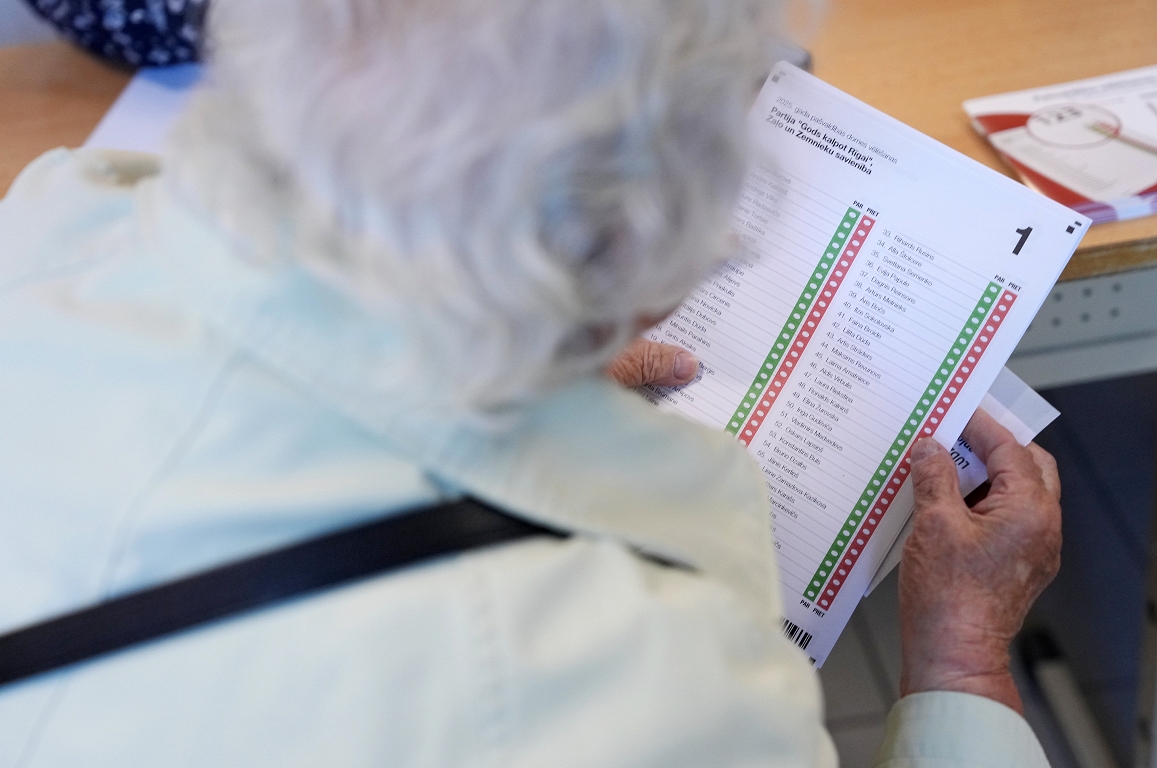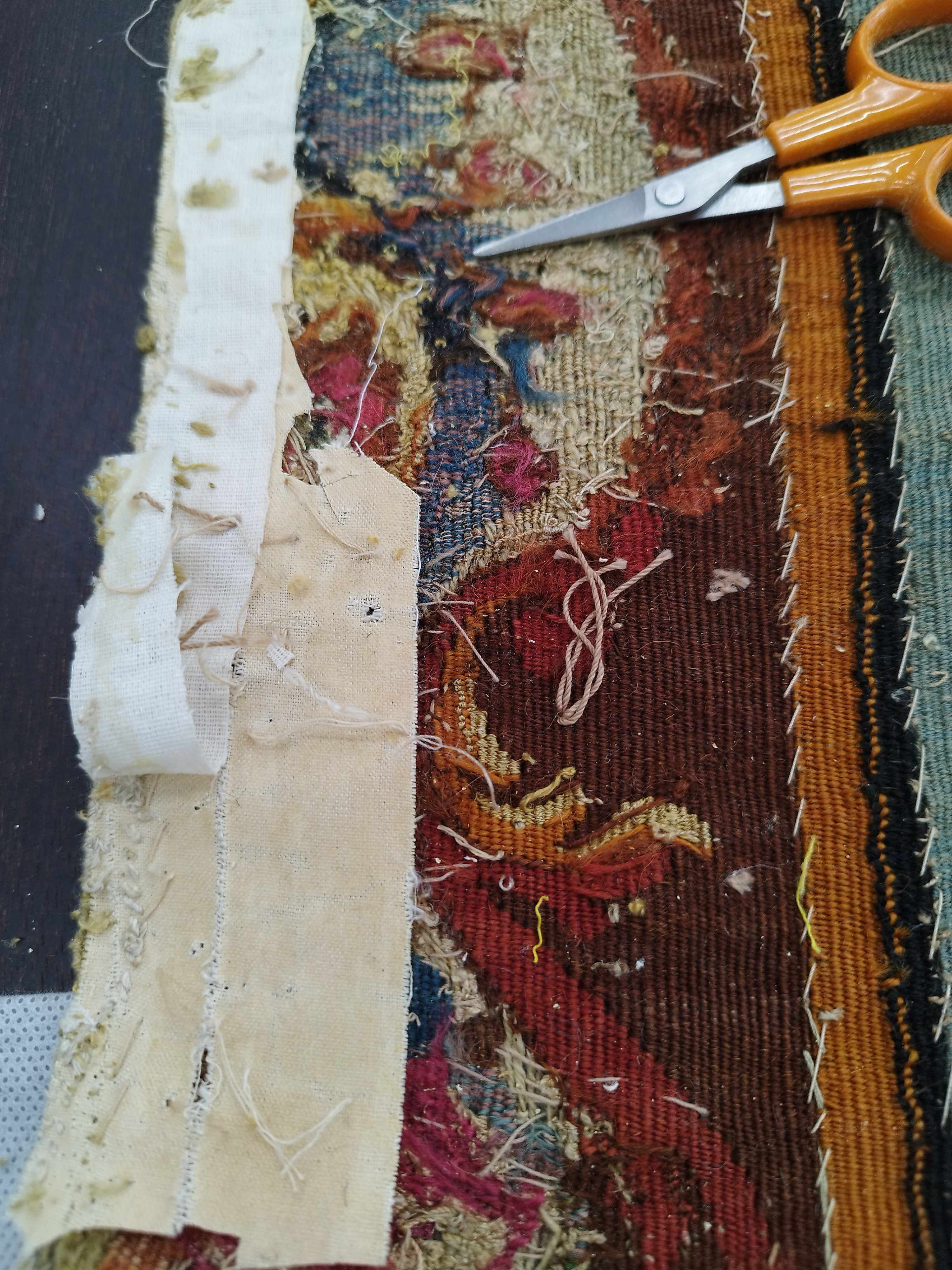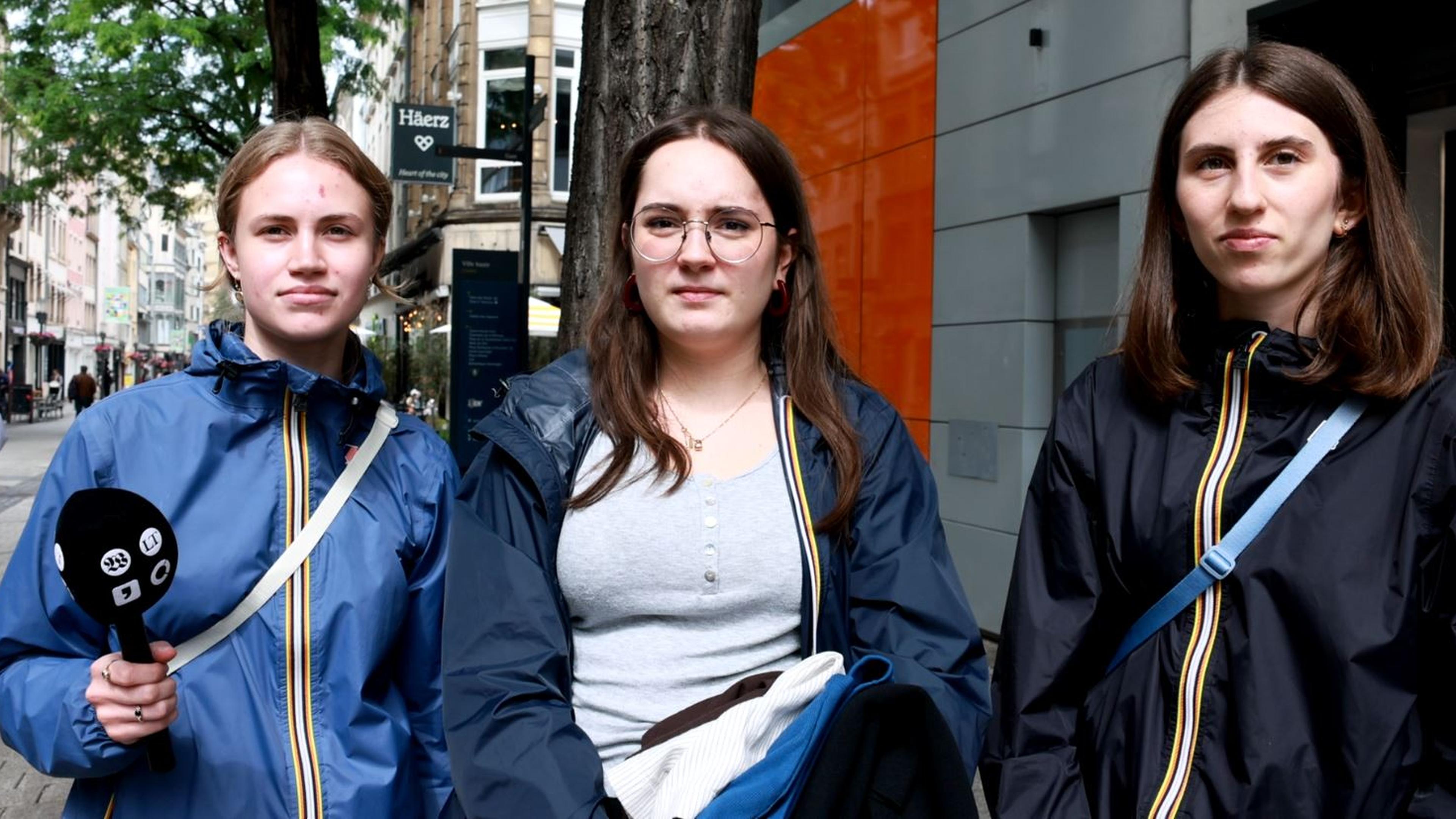The Storting can and should save the Mineral Act
The government itself has admitted that today's mineral law violates Norway's international law obligations to the Sami. Nevertheless, they promote a new bill that is not in line with international law. It is a lost opportunity to get a mineral law that the Sami Parliament can stand behind, but the Storting still has the opportunity to take some important steps.
The Labor Party at the Sami Parliament claims that the Mineral Act provides « increased predictability for local communities, industries and licensees ». But they ignore a significant reality: That the government's bill does not safeguard Sami rights holders well enough.
The Government does not choose to legislate the threshold for what is allowed by intervention in Sami areas, the obligation to enter into an agreement with Sami licensees when interventioning, and the right to internal self -government by the distribution of the remuneration to affected Sami rights holders. In this way, the government promotes a law that does not create the predictability of the Sami Parliament calls for.
The Labor Party at the Sami Parliament claims that they defend all rights holders. In reality, they seem to weaken Sami licensees in the face of mineral companies and the state.
The Labor Party will move money away from Sami licensees and into the municipal treasury. It is not even proposed by the governments, because they themselves see it in violation of the ILO Convention No. 169 on Indigenous peoples. Even more sensational is that they boast their good contact with their government party – the Labor Party to make changes in violation of the will to the majority of the Sami Parliament. Does that mean that they are trying to circumvent the Consultation Act and undermine the Sami Parliament as an indigenous parliament and self -determination body?
The Sami Council states that the Sami Parliament is the Sami elected bodies and will represent the Sami people – no matter who governs the Sami Parliament, or the government. Nor is it true that the Sami Parliament is an advisory body, as the Ap at the Sami Parliament says.
When it comes to the distribution of the so -called indigenous people, the majority of the Sami Parliament has been clear: The remuneration will benefit all Sami rights holders – both farmers, fishermen, outlying athletes, seamen and reindeer husbandry. Therefore, we said no to 75 % of the consideration automatically going to reindeer husbandry. The majority of the Sami Parliament believes that the distribution must be based on who is actually affected by mining. It is a simple principle: Those who carry the largest burdens should also receive the greatest compensation.
NSR, Sp and JSL want all Sami licensees to have the same opportunity to be compensated for the disadvantage of mineral operations. Who these rights holders are will vary based on where the mineral business takes place, and it is completely illogical to determine in the law that reindeer husbandry is always 75 % affected. We believe that the Sami Parliament should distribute the funds because this is an internal Sami case that does not concern anyone other than the Sami. The state has on several occasions shown that they do not have the competence to assess who are the rights holders, or how they are affected, in intervention cases. So that the state should « identify measures that benefit the Sami » is a direct undermining of the Sami Parliament as a elected body.
Another important reason why the majority of the Sami Parliament says no to the bill is the disagreement between the Sami Parliament and the Government on how the intervention threshold for SP27 should be practiced. We believe the threshold must be legislated, either in the Sami Act or the Mineral Act. The government claims that legal development is changing and that it is therefore « inappropriate » to legislate the threshold. But the Sami Parliament has seen time and time again that the state practices this arbitrarily and refuses to make thorough assessments of indigenous rights. This is how the government adds that the unpredictability should still be prevailed. The biggest example is the Fosen case.
The Sami Council believes that Sami rights must be safeguarded, and that Norway cannot once again adopt a mineral law that is not in line with international law. The government let go of a chance to achieve a mineral law that the Sami Parliament can stand behind, but the Storting still has the opportunity to take important steps.





:format(webp)/s3/static.nrc.nl/images/gn4/stripped/data132512191-bf7b93.jpg)